Your heart does a lot of work to keep the body going. Each day, the average human heart beats about 100,000 times, pumping 2,000 gallons of blood through the body. That’s a lot of work for an organ no bigger than a large fist and weighing 8 to 12 ounces.
It then becomes very paramount to eat heart-healthy foods to enable your heart to perform the necessary functions to keep you healthy and safe. But how do you choose the right foods for your heart?
In this article, I will help you choose the right superfoods for your heart.
1. Fresh Herbs
When you add these to foods instead of salt and fat, you’re making a heart-healthy choice. They add flavor without the bad stuff. Spices and other foods are delicious ways to eat heart-smart.
2. Black Beans
Mild, tender black beans are packed with heart-healthy nutrients. Folate, antioxidants, and magnesium can help lower blood pressure. Their fiber helps control both cholesterol and blood sugar levels. Add beans to boost soups and salads.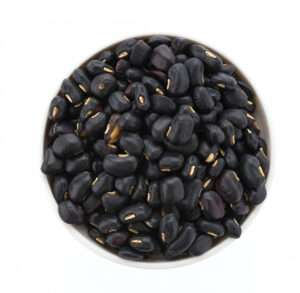
3. Salmon: Super Food
A Top food for heart health, it’s rich in omega-3s. Omega-3s are healthy fats that may lessen the risk of heart rhythm disorders and lower blood pressure. They may also lower triglycerides and curb inflammation. The American Heart Association recommends two servings of salmon or other oily fish a week.
4. Tuna
Often cheaper than salmon, tuna also has omega-3s. Albacore (white tuna) has more omega-3s than other tuna varieties. Try grilling tuna steak with dill and lemon. Reel in these other sources of omega-3s, too: mackerel, herring, lake trout, sardines, and anchovies.
5. Olive Oil
This oil is a healthy fat made from smashed olives. It’s rich in heart-healthy antioxidants. They may protect your blood vessels. When olive oil replaces saturated fat (like butter), it can help lower cholesterol levels. Try it on salads and cooked veggies, or with bread.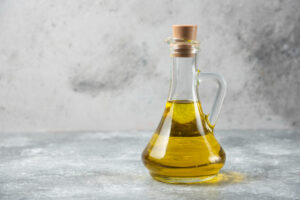
6. Sweet Potatoes
Swap white potatoes for sweet potatoes. With a low glycemic index, these spuds won’t cause a quick spike in blood sugar. They also have fiber, vitamin A, and lycopene.
7. Oranges
Sweet and juicy, oranges have the cholesterol-fighting fiber pectin. They also have potassium, which helps control blood pressure. In one study, 2 cups of OJ a day boosted blood vessel health. It also lowered blood pressure in men.
8. Oatmeal
A warm bowl of oatmeal fills you up for hours, fights snack attacks, and helps keep blood sugar levels stable over time — making it useful for people with diabetes, too. Oats’ fiber can help your heart by lowering bad cholesterol (LDL). 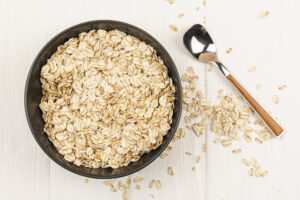
9. Flaxseed
This shiny, honey-colored seed has three things that are good for your heart: fiber, phytochemicals called lignans, and omega-3 fatty acids.
Tip: Grind flaxseed for the best nutrition. Add it to cereal, baked goods, yogurt, or mustard on a sandwich.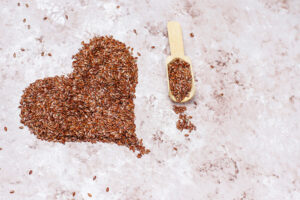
10. Garlic
Garlic is traditionally used to treat colds and coughs. It’s also reported to boost the immune system and help ease asthma symptoms. Arab traditional medicine recommended garlic to help treat heart disease, high blood pressure, arthritis, toothache, constipation, and infections.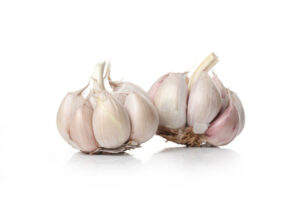
11. Green Tea
Green tea is packed full of health-promoting compounds. Regularly drinking green tea can help you lose weight and reduce your risk of several diseases, including diabetes, heart disease and cancer
12. Tomatoes
Tomatoes are the major dietary source of the antioxidant lycopene, which has been linked to many health benefits, including reduced risk of heart disease and cancer. They are also a great source of vitamin C, potassium, folate, and vitamin K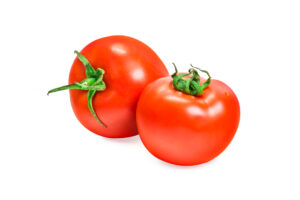
13. Legumes
Because they come from plants, legumes such as beans, lentils, and peas are an excellent source of protein without a lot of unhealthy fat. One study found that people who ate legumes at least four times a week had a 22% lower risk of heart disease compared with those who consumed them less than once a week. And legumes may help control blood sugar in people with diabetes. Lowering blood sugar levels is key in helping people avoid diabetes complications, one of which is heart disease.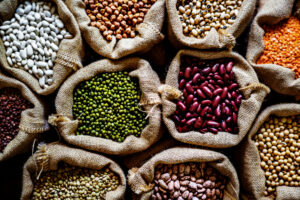
14. Avocado
These soft, tasty fruits have a well-established reputation for providing the body and heart with healthy fats. Like olive oil, they’re rich in monounsaturated fat, which may lower heart disease risk factors, such as cholesterol. They’re also high in antioxidants and in potassium, says Graf. They can be eaten on their own or blended into guacamole, perhaps with some heart-promoting tomatoes.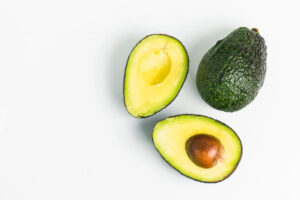
15. Apples
In addition to their proven ability to reduce total cholesterol, apples help protect their heart due to their prebiotic content. Prebiotics serves as “food” for beneficial bacteria housed in the gut, which are tied to cardiovascular protection.
In addition, a 2012 study of healthy, middle-aged adults found that one apple a day habit reduced blood levels of a substance linked to hardening of the arteries by 40% over four weeks. Chop and add to oatmeal or overnight oats at breakfast, slice and add to a garden salad at lunch, dip an apple into almond butter as a snack, or dice and add to a stir fry at dinner.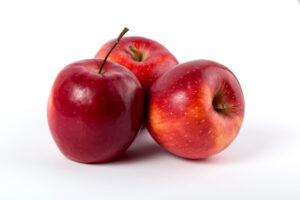
16. Broccoli
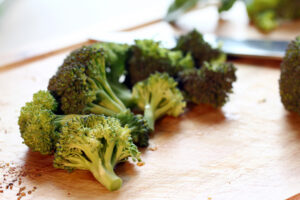 Some studies suggest that regularly eating steamed broccoli can lower cholesterol levels and prevent heart disease.
Some studies suggest that regularly eating steamed broccoli can lower cholesterol levels and prevent heart disease.
17. Liver
Of all the organ meats, the liver is the most nutrient-dense. In particular, the liver is bulging with folic acid, iron, chromium, copper, and zinc, which increase the blood’s hemoglobin level and help to keep our heart healthy.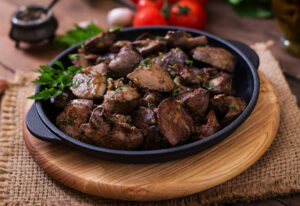
18. Spinach
You can help to maintain a healthy heart rhythm by regularly consuming good sources of magnesium. Spinach is one of the best sources of dietary magnesium, and consumption of Popeye’s favorite food is associated with a raft of health benefits.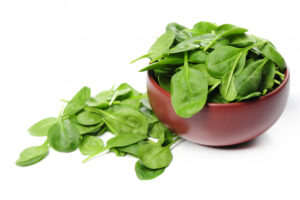
19. Vegetables
For a healthy heart, It is adviced that you eat eight or more servings of fruit and vegetables each day. Vegetables are low in fat and calories but rich in fiber, minerals, and vitamins. A healthful amount of veggies in the diet can help to moderate weight and blood pressure.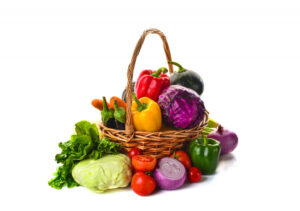
20. Berries
Berries are also full of antioxidant polyphenols, which help to reduce heart disease risk. Berries are a great source of fiber, folate, iron, calcium, vitamin A, and vitamin C, and they are low in fat.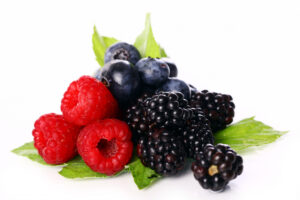
The heart is a piece of flesh in the body, when in good shape the whole body is in good shape but when it is in a bad shape, the whole body will suffer. Eat these healthy foods and you will be guaranteed a good and satisfactory health.

